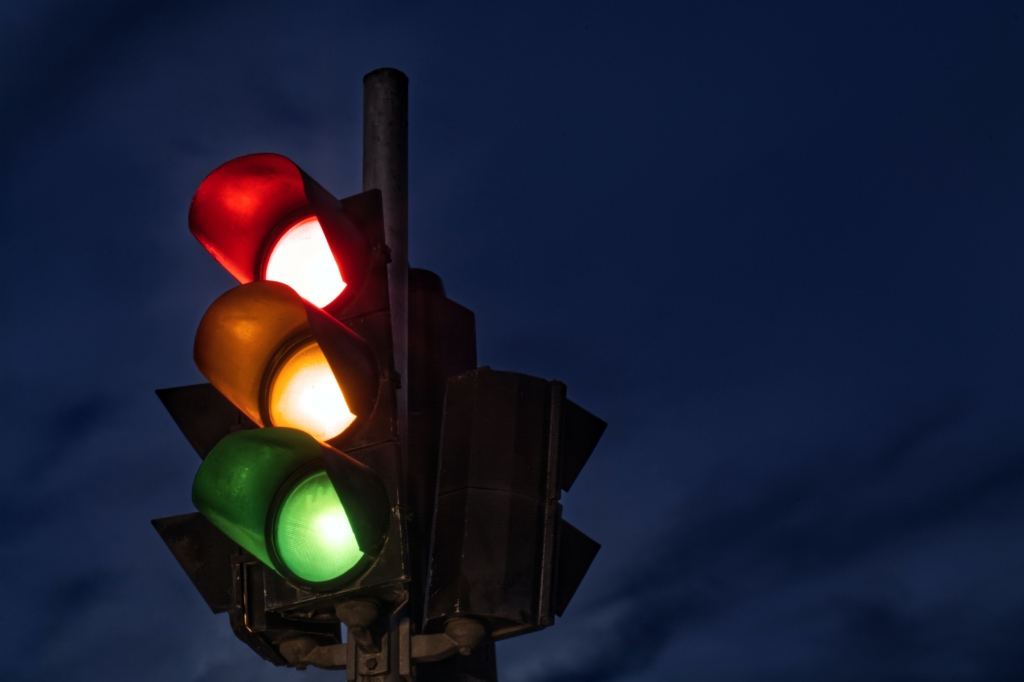
What starts as “just a few drinks” can easily cross the line into binge drinking. The CDC defines it as consuming 4+ drinks for women or 5+ for men within two hours and it’s more common than you might think.
Binge Drinking by the Numbers
- 1 in 6 U.S. adults binge drinks.
- It’s especially common among young adults and people earning over $75K.
- Older adults binge less often but do it more frequently.
While society often laughs off “getting wrecked” on the weekend, the risks are real and serious.
The Brain on Binge Drinking
Research from Duke University shows that binging doesn’t just mess with your judgment in the moment, it can impact brain development and memory long after the buzz fades. In a study using adolescent and adult rats, young binge drinkers made more errors navigating mazes even weeks after the alcohol wore off.
Translation:
Young brains are especially vulnerable to long-term damage from repeated binges.
It’s Not Just Your Brain at Risk
It affects every part of your body. Over time, it can lead to:
- Liver damage and heart disease
- Weight gain and obesity
- Cancers of the mouth, throat, liver, and breast
And let’s not forget the short-term side effects: alcohol poisoning, blackouts, violent vomiting, and the classic hangover from hell.
It Hurts More Than Just You
Drinking to excess doesn’t happen in a vacuum. Binge drinking is tied to:
- Drunk driving and car crashes
- Sexual assault and domestic violence
- Accidental injuries and drownings
The CDC reports binge drinkers are 14x more likely to drive drunk than moderate drinkers. The damage can be widespread and irreversible.
What You Can Do
The good news? Change is possible. Studies show that limiting alcohol availability, such as raising prices and restricting sales, reduces binge drinking. But personal accountability and community awareness matter too. Start paying attention to your patterns and behaviors.
If you or someone you love is struggling to control their drinking, it may be time to reach out. Sometimes moderation is not enough, and that is okay.
Get Help, Stay Safe
Binge drinking doesn’t have to be how your story plays out. Therapy and support from our addiction therapists can help you or a loved one regain control. You’re not alone, for more information on how we can help, visit our get started page



